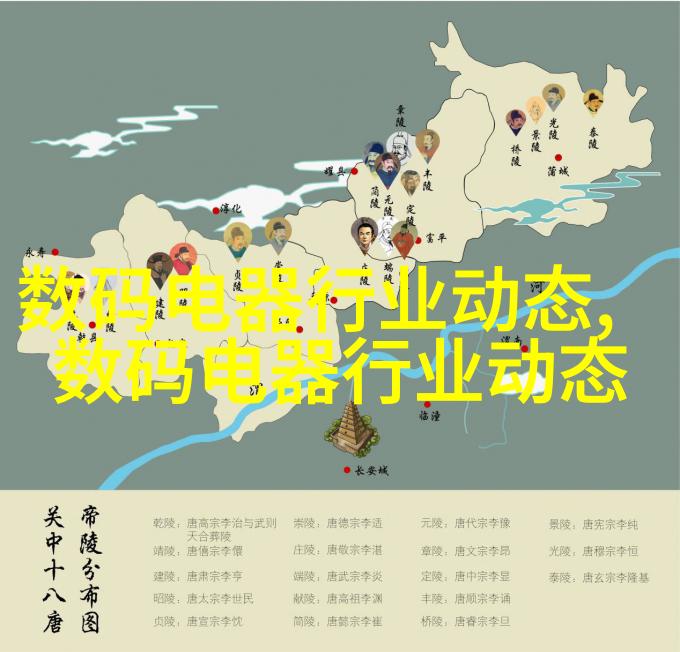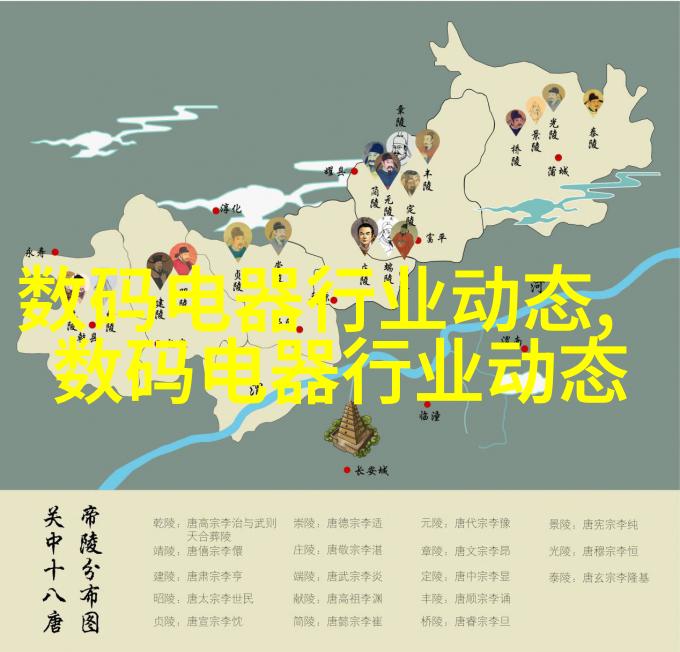关注行业发展成年人的专业技能培养策略分析
成人水电工培训的重要性与必要性

随着经济的不断发展和社会的进步,水电能源在国民经济中的作用日益凸显。然而,这一领域对技术人员的需求也随之增加。在这个快速变化的大环境下,成人水电工培训不仅是提升个人职业素质、就业竞争力的必经之路,也是实现国家可再生能源利用战略目标的一个关键途径。
成人教育背景下的水电工专业技能培养

技术更新与创新驱动力
成人水电工培训课程设计应紧跟时代步伐,不断吸收和应用最新的技术成果。例如,风力发电、太阳能光伏等新能源技术正逐渐成为主流,其相关设备维护与管理知识对于未来工程师来说至关重要。此外,对于传统水力发电站而言,如同大坝安全监控系统、高效率涡轮机设计等方面的创新也需要不断学习和适应。

行业特点及挑战
adulthood water electric engineering workers need to be familiar with the industry's unique features and challenges. For example, hydropower projects are often located in remote areas, requiring engineers to have strong adaptability and resilience. Moreover, due to the complexity of hydropower systems, it is essential for professionals to possess comprehensive knowledge and practical skills.

成人教育资源整合与合作模式探讨
政府支持政策导向

Government support policies play a crucial role in promoting adult education in water-electric engineering. Governments can provide financial assistance or tax incentives for individuals pursuing vocational training or higher education related to water-electric engineering. Additionally, governments can establish partnerships between educational institutions and industries to create apprenticeship programs that allow adults to gain work experience while studying.
企业内训体系建立与实施方案制定
Enterprises should also take an active role in providing on-the-job training opportunities for their employees. By investing in their workforce's continuous learning, companies can enhance employee retention rates and improve overall performance efficiency. In addition, enterprises could collaborate with educational institutions or professional organizations to develop customized training programs tailored specifically for adults working within the water-electric sector.
结论:成年人的专业技能培养需持续努力
In conclusion, adult water electric engineering workers must continuously update their professional skills and knowledge as they face new challenges brought by technological advancements and industry development. It is imperative that government policies encourage collaboration among stakeholders – including educational institutions, enterprises – while fostering supportive environments conducive to lifelong learning initiatives aimed at equipping these professionals with cutting-edge expertise necessary for meeting future demands of this dynamic field.
This article has demonstrated how important it is for adult water electric engineers not only keep up with current trends but also embrace future prospects through ongoing professional development strategies aligned with industry growth priorities as well as governmental encouragement mechanisms designed specifically towards fostering such endeavors within both formal academic settings (e.g., universities) along side informal ones (such as apprenticeships & workshops). The ever-evolving nature of this domain necessitates a holistic approach encompassing all facets involved; thus ensuring continued relevance of one’s skillset amidst an increasingly interconnected global market place where innovative solutions become ever more paramount factors determining success!



